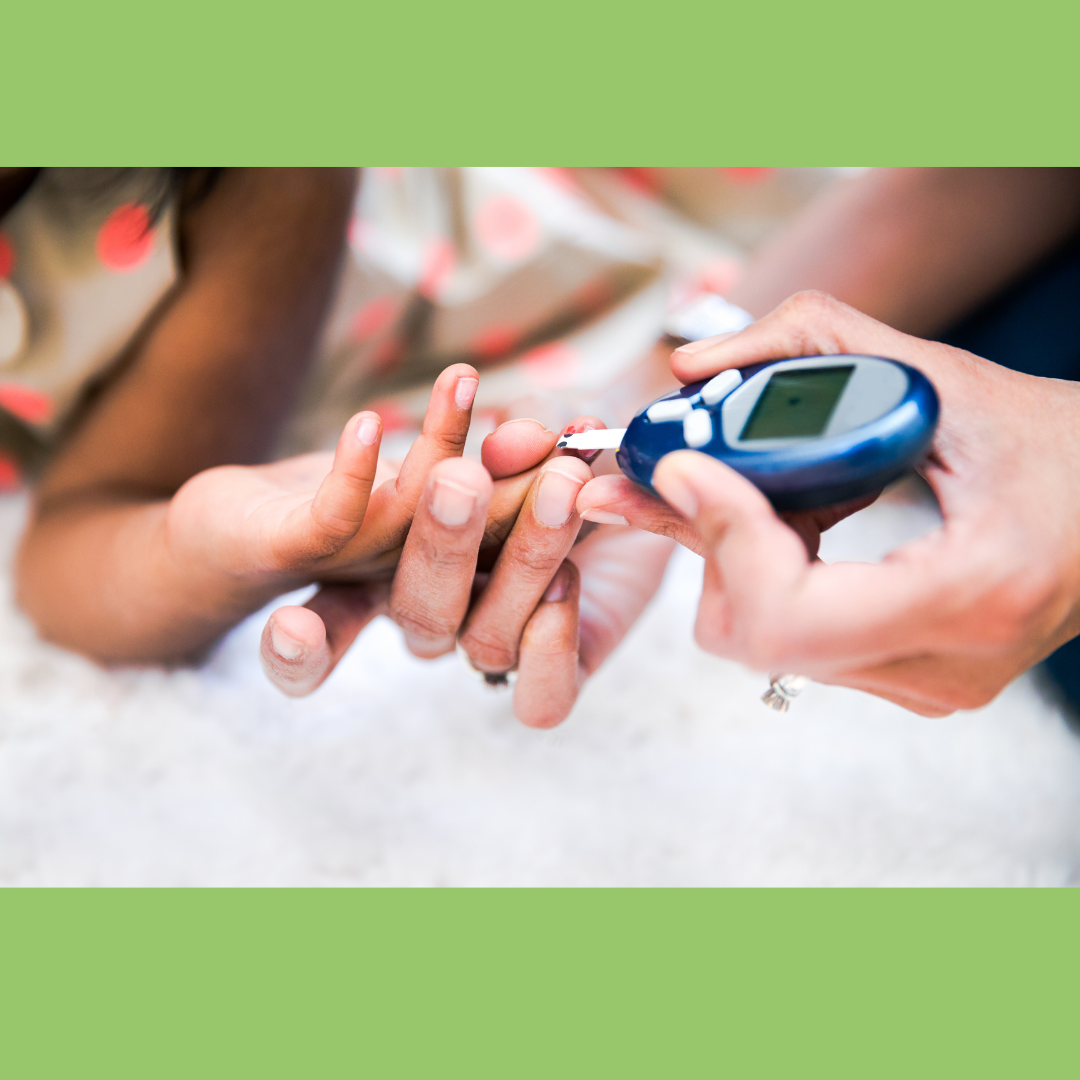When the body develops resistance to insulin or when the pancreas is unable to produce sufficient insulin to maintain normal blood sugar levels, type 2 diabetes develops. The following are some of the various factors that may contribute to the onset of type 2 diabetes:
A familial predisposition to diabetes may elevate the likelihood of an individual developing type 2 diabetes. Although genetics do contribute to the risk, lifestyle choices have a substantial impact on the likelihood of developing the condition.
Lifestyle Aspects:
Deficiency in Diet: Unhealthy lipids, processed foods, sugary beverages, and refined carbohydrates, among other unhealthy components, can heighten the risk of type 2 diabetes by promoting insulin resistance and weight gain.
Sedentary lifestyles characterized by little to no physical activity can contribute to weight gain and insulin resistance, thereby elevating the likelihood of developing type 2 diabetes.
Obesity, specifically abdominal obesity, constitutes a substantial risk factor for the development of type 2 diabetes. Particularly prevalent in the abdominal region, adipose cells secrete inflammatory mediators that may hinder the activity of insulin.
Cigarette smoking contributes to inflammation and insulin resistance, which further complicates the management of type 2 diabetes and elevate the risk of developing the disease.
Alcohol Overconsumption: Prolonged alcohol consumption has been associated with weight gain, elevated blood sugar levels, and compromised insulin sensitivity, all of which elevate the likelihood of developing type 2 diabetes.
Age: Particularly after the age of 45, the risk of developing type 2 diabetes increases with advancing age. However, as obesity and sedentary lifestyles continue to rise in prevalence, type 2 diabetes is being diagnosed more frequently in younger age groups, including children and adolescents.
Ethnicity: In comparison to the general population, specific ethnic groups—African Americans, Hispanic/Latino Americans, Native Americans, Asian Americans, and Pacific Islanders—have a greater incidence of type 2 diabetes.
Medicinal Disorders:
Metabolic syndrome comprises an aberrant cholesterol level, abdominal obesity, hypertension, and hyperglycemia; collectively, these conditions elevate the likelihood of developing type 2 diabetes and cardiovascular disease.
Polycystic Ovary Syndrome (PCOS) is a prevalent hormonal disorder that affects women in their reproductive years. It is distinguished by the presence of polycystic ovaries, irregular menstrual cycles, and excessive hair growth. The likelihood that a woman will develop insulin resistance and type 2 diabetes is heightened if she has PCOS.
Gestational diabetes manifests when the body is unable to adequately produce insulin to satisfy the heightened metabolic demands associated with pregnancy. Diabetes mellitus that develops during pregnancy is associated with an increased risk of type 2 diabetes in the future.
Although certain risk factors for type 2 diabetes, such as age and genetics, are immutable, individuals at risk can prevent or delay the onset of the disease through lifestyle modifications that include adopting a healthy diet, increasing physical activity, maintaining a healthy weight, and avoiding tobacco and excessive alcohol use. In addition, routine medical examinations and screenings can facilitate the identification of risk factors and early detection of type 2 diabetes, thereby enabling prompt intervention and management.

